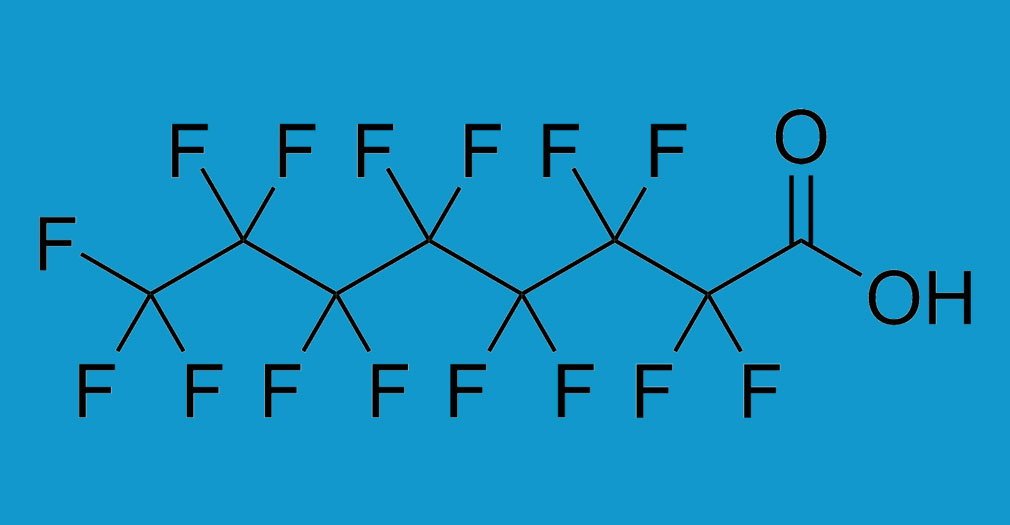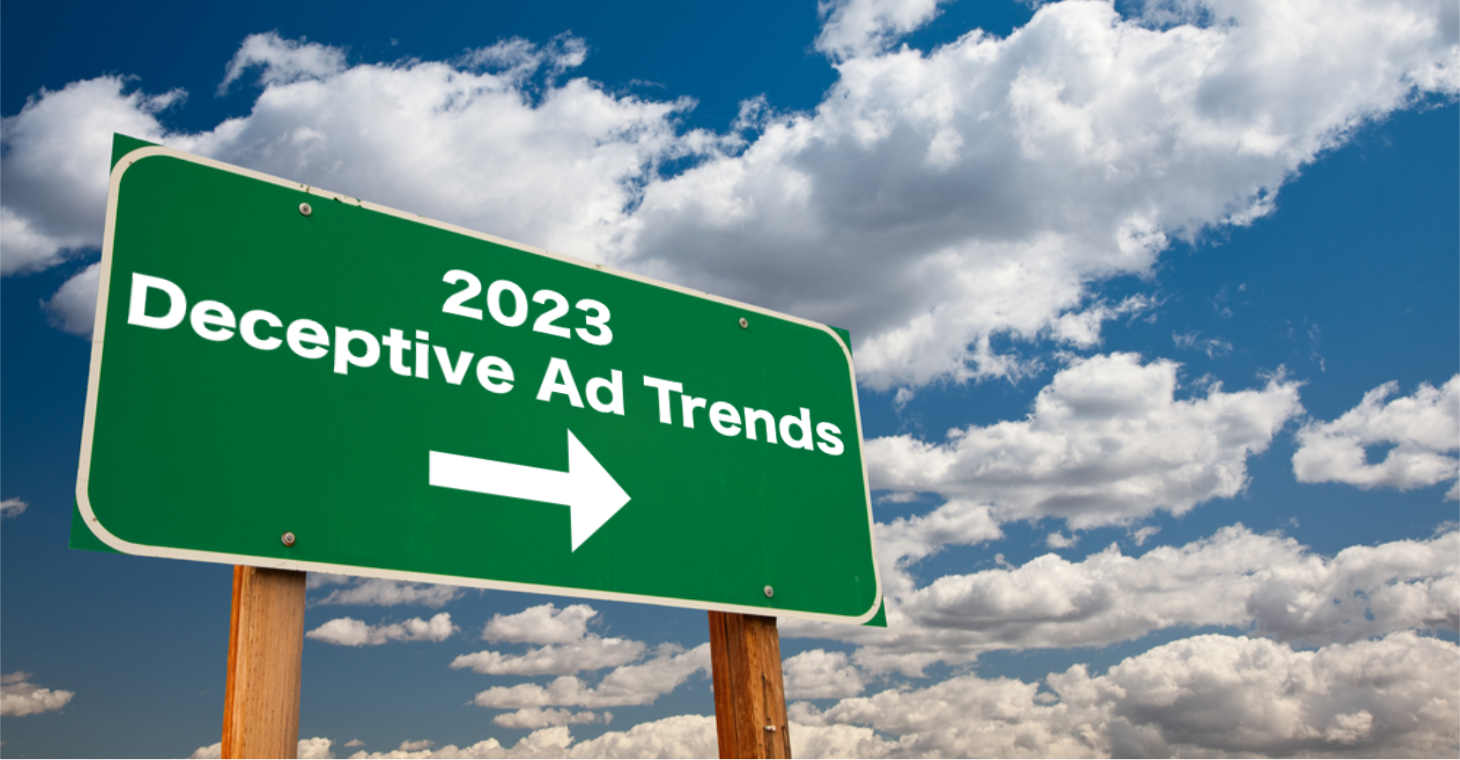
CATrends: Marketing Claims for Products Containing PFAS
Class-action lawsuits target human and environmentally-friendly claims.
As the FTC reviews its Green Guides, misleading environmental claims are rampant.
If you want to save the planet, you’re going to need to do more than rely on advertisers’ environmental claims.
Greenwashing – when ads make something sound better for the environment than it actually is – is rampant across industries.
Companies are eager to broadcast an environmentally friendly message because they know consumers consider the environmental impact of products when making purchasing decisions. According to a 2021 survey, 78 percent of people are more likely to purchase a product that is clearly labeled as environmentally friendly.
But often the only thing green about a product is the money companies rake in when they get consumers to part with their dollars.
TINA.org is currently tracking more than 80 class-action lawsuits alleging greenwashing. In addition, TINA.org has published dozens of ad alerts based on class-action and private lawsuits, self-regulatory inquiries and original reporting by TINA.org challenging companies’ environmental claims.
Greenwashing is not only damaging to the environment but also to the marketplace, as misleading environmental claims erode consumer trust.
The FTC is reviewing its Green Guides, which provide guidance on environmental claims, and has extended its deadline for public comments to April 24. You can submit a comment here.
If you need some ideas, here are a few green terms to get you started.
Recyclable
As the story goes, in order to sell plastic, the plastics industry needed to sell the public that plastic would be recycled. So starting in the late 1980s, the plastics industry lobbied states to mandate that the chasing arrows symbol with a number in the middle appear on all plastic. The lobbying effort was extremely successful: Almost 40 states would adopt laws requiring the codes on nearly every plastic item.
But just because a product has the chasing arrows symbol on it doesn’t mean it will be recycled in your community. Similarly, just because a product is marketed as recyclable doesn’t mean it’s not destined for the landfill, even if you toss it in your town-issued recycling bin.
The reality is recycling plastic is expensive and many recycling facilities don’t have the resources to do it. Or, as a 2020 survey of the country’s recycling facilities by Greenpeace found, they can only recycle two out of seven types of “post-consumer plastic items,” the ones with the “1” and the “2” in the middle of the chasing arrows symbol. The rest, such as plastic type “4,” which is what Hefty’s “recycling” bags are allegedly made from, are sent to a landfill or incinerator.
Among the things the FTC is asking stakeholders to weigh in on are recyclable claims for products that are ultimately not recycled.
To find out what is recycled in your town, you can contact your municipal recycling coordinator, town hall or local department of public works, or visit your town’s website.
Sustainable
Even amid rising costs, many consumers are willing to pay more for products marketed as sustainable. Yet as is the case with many green marketing terms, there is no federal definition for sustainable. The FTC declined to define sustainable, as well as organic, the last time it revised its Green Guides in 2012. A definition for sustainable is on the table again.
With no legal standard, companies have come up with their own criteria for what sustainable means, giving rise to a flood of lawsuits.
Since May 2021, more than a dozen class-action lawsuits have been filed against companies challenging their sustainable claims. Products at issue in these lawsuits range from waterproof clothing and underwear plaintiffs claim contain “forever chemicals” known to contaminate the environment, to seafood allegedly sourced using unsustainable fishing practices.
In addition, the claim “sustainable aviation” was at the center of a recent inquiry by the Advertising Standards Authority, the U.K. ad regulator, involving Etihad Airways. The ASA found that the claim was deceptive because it exaggerated the environmental impact of flying with the airline.
If you see something advertised as sustainable, remember that there’s no federal definition for the term. So it can mean whatever companies want it to mean.
Commitments to achieve net zero emissions
As of October 2022, many of the world’s largest polluters had committed to achieve net zero emissions by 2050 or sooner, according to Climate Action 100+, an investor alliance on climate change. But in most cases, the alliance found, these promises to cut greenhouse gas emissions to zero are “not matched by the development and implementation of credible decarbonization strategies.”
In other words, these companies talk the talk but don’t walk the walk.
Consumers should be wary of aspirational environmental claims about things happening in the future and not forget that current practices are contributing to climate change.
Find more of our coverage on greenwashing here.
Class-action lawsuits target human and environmentally-friendly claims.
And the regulatory efforts that seek to curb them.
Don’t confuse this type of marketing for a silver bullet.


